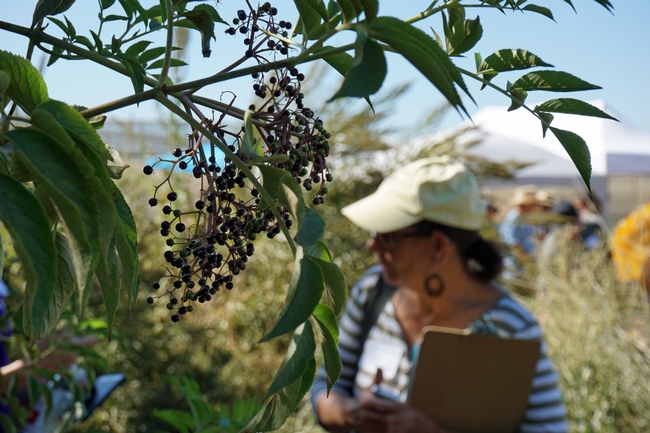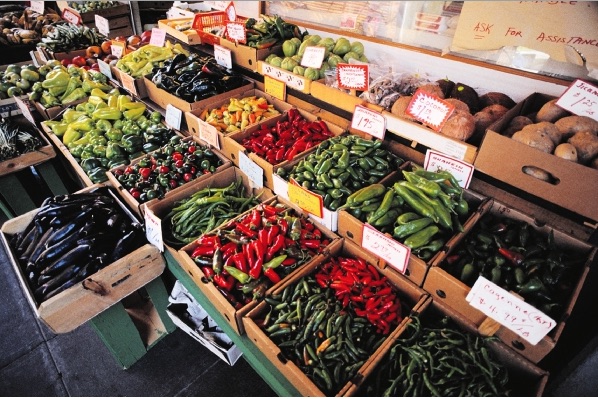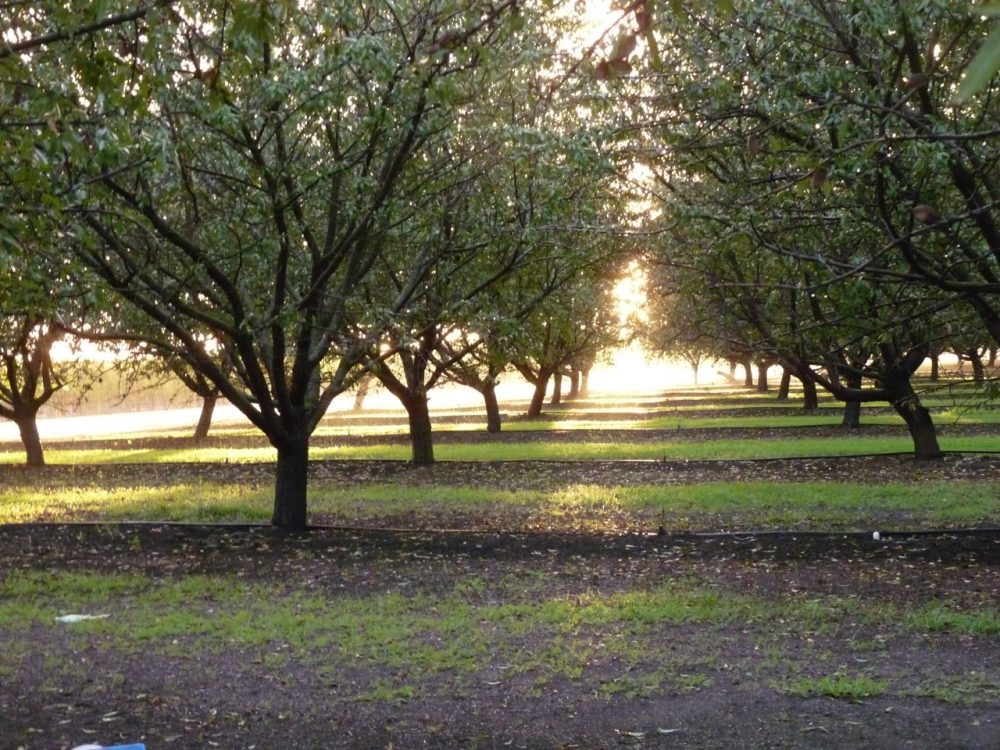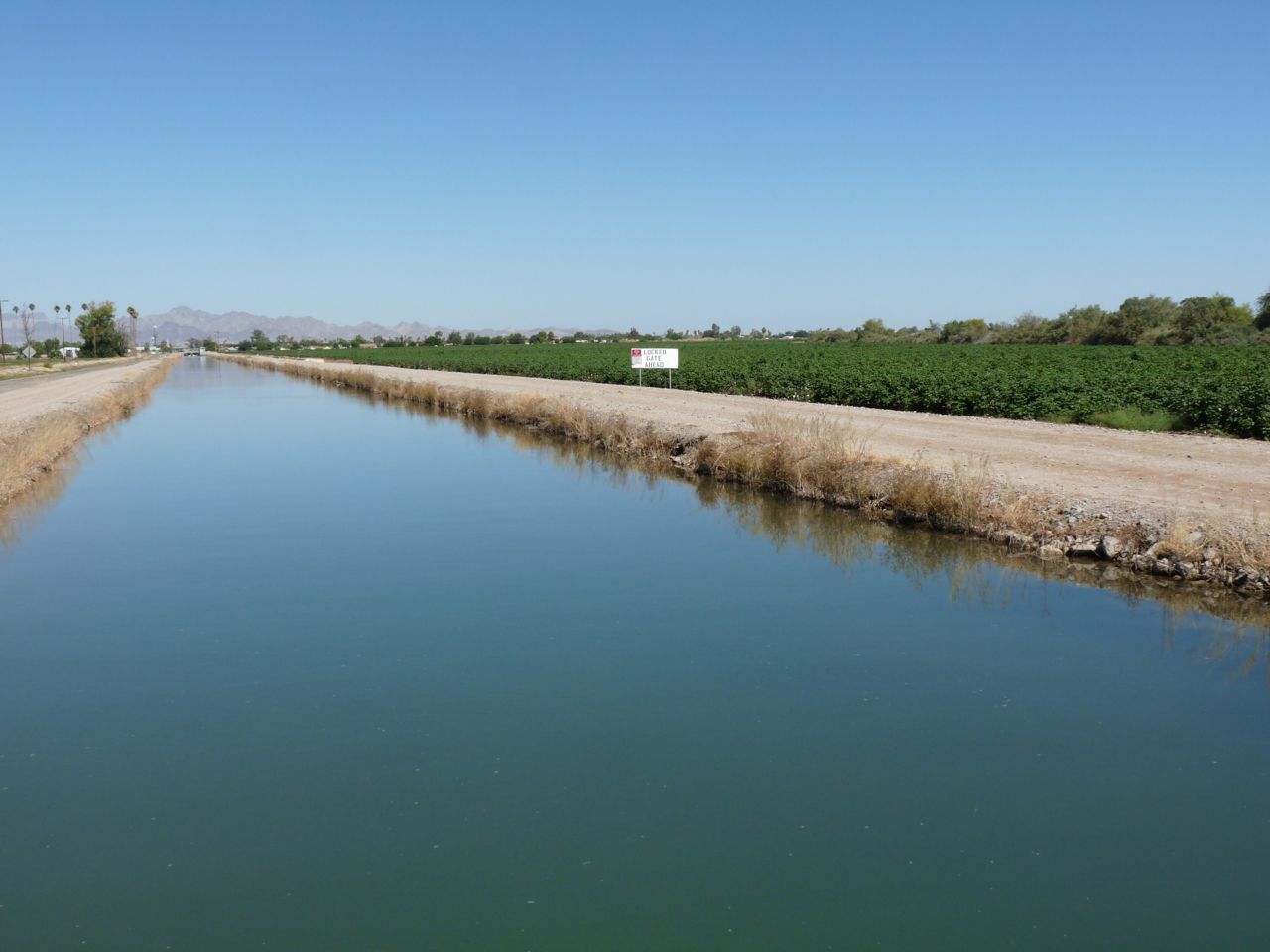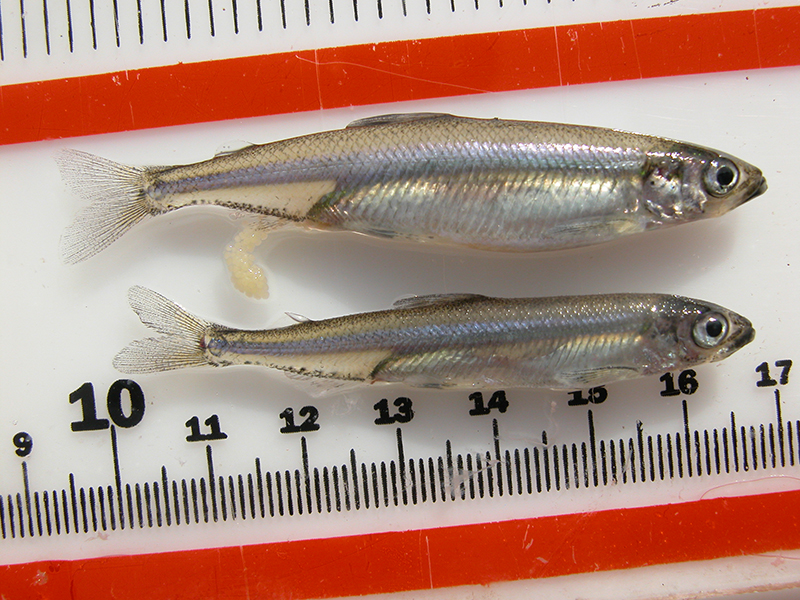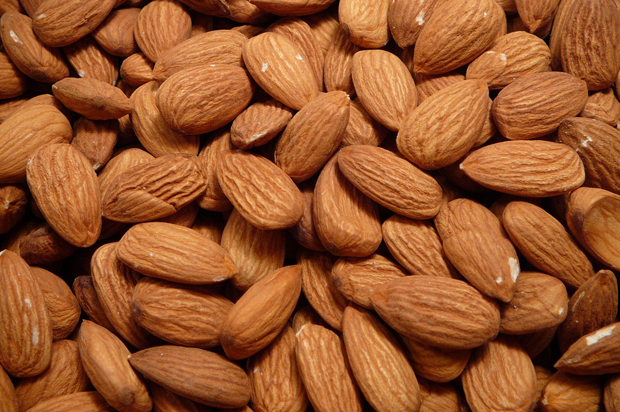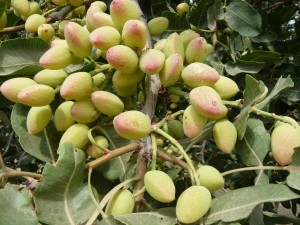Trump Tarriffs Outrage Farmers In Midwest and South
Farmers From Iowa, to Alabama, to Wisconsin, Outraged Over Trump Trade War Continue to Make Headlines
Alabama GOP SENATE CANDIDATE TAKES ON TRUMP TARIFFS:
U.S. Ag Secretary Sonny Perdue told reporters following an appearance at the World Dairy Expo in Madison, Wisconsin yesterday that dairy farmers will continue to struggle. Dairy farmers face numerous problems, including the trade war.
“In America, the big get bigger and the small go out,” Perdue said. “I don’t think in America we, for any small business, we have a guaranteed income or guaranteed profitability.” Perdue’s visit comes as Wisconsin dairy farmers are wrestling with a host of problems, including declining milk prices, rising suicide rates, the transition to larger farms with hundreds or thousands of animals and Trump’s international trade wars. (Associated Press)


